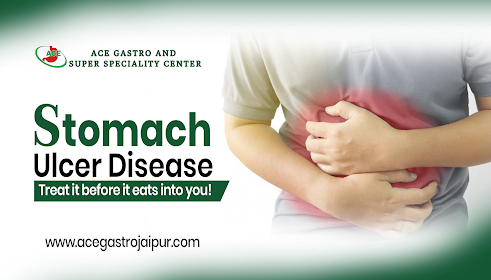Symptoms, causes, diagnosis, treatments, and tests for pancreatitis!
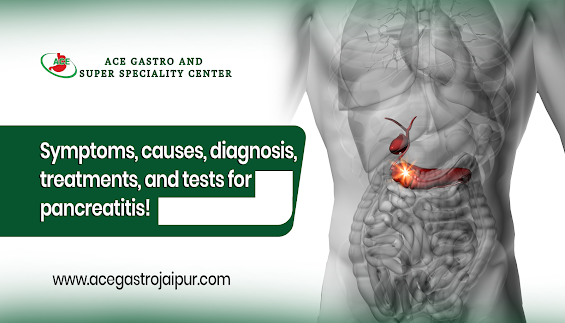
Pancreatitis is a serious medical condition that occurs when inflammation affects the pancreas, which is an organ located behind the stomach that produces digestive juices and hormones. When pancreatitis occurs, the pancreas becomes less able to secrete digestive juices and hormones, leading to digestive problems, as well as metabolic and endocrine harm. While there are several risk factors for developing pancreatitis, the most common is chronic alcohol consumption. Types of pancreatitis: Types of pancreatitis include acute and chronic pancreatitis, although most cases of pancreatitis are acute: Acute pancreatitis: It is a potentially life-threatening condition that is marked by abdominal pain and swelling that often radiates to the back. This condition arises suddenly and is typically accompanied by nausea, vomiting, fever, and an accelerated heart rate. The risk of developing pancreatitis increases in people with a weakened immune system, those who take certain medications, tho...
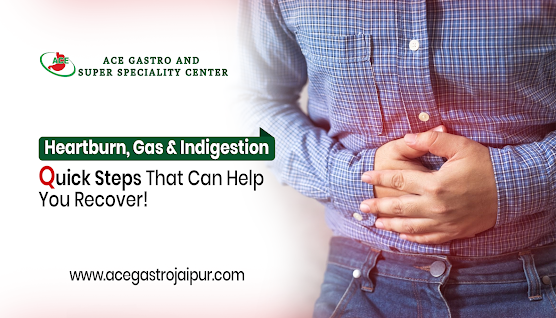
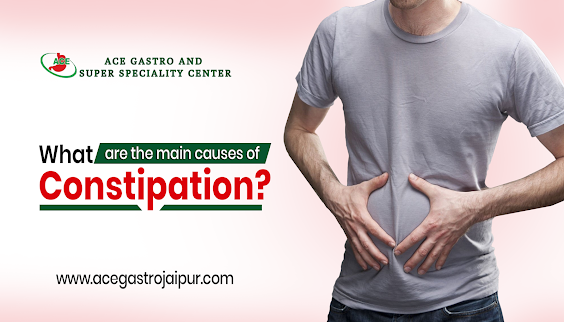
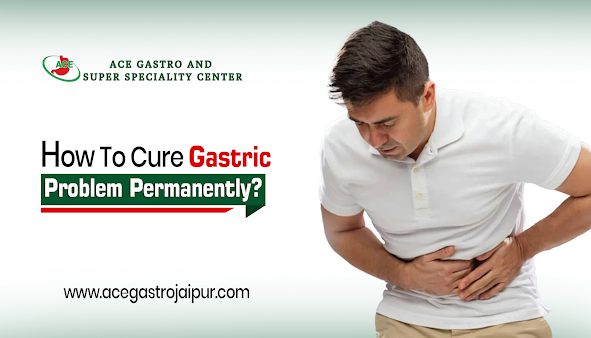
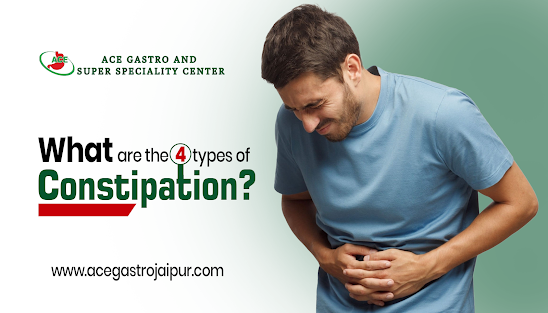
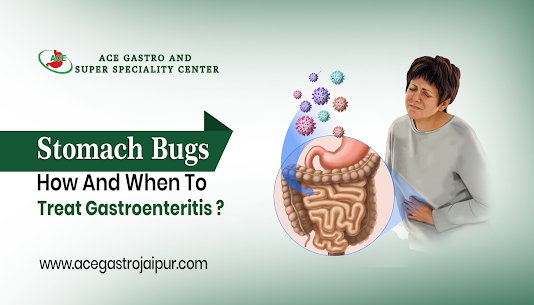
.jpg)
